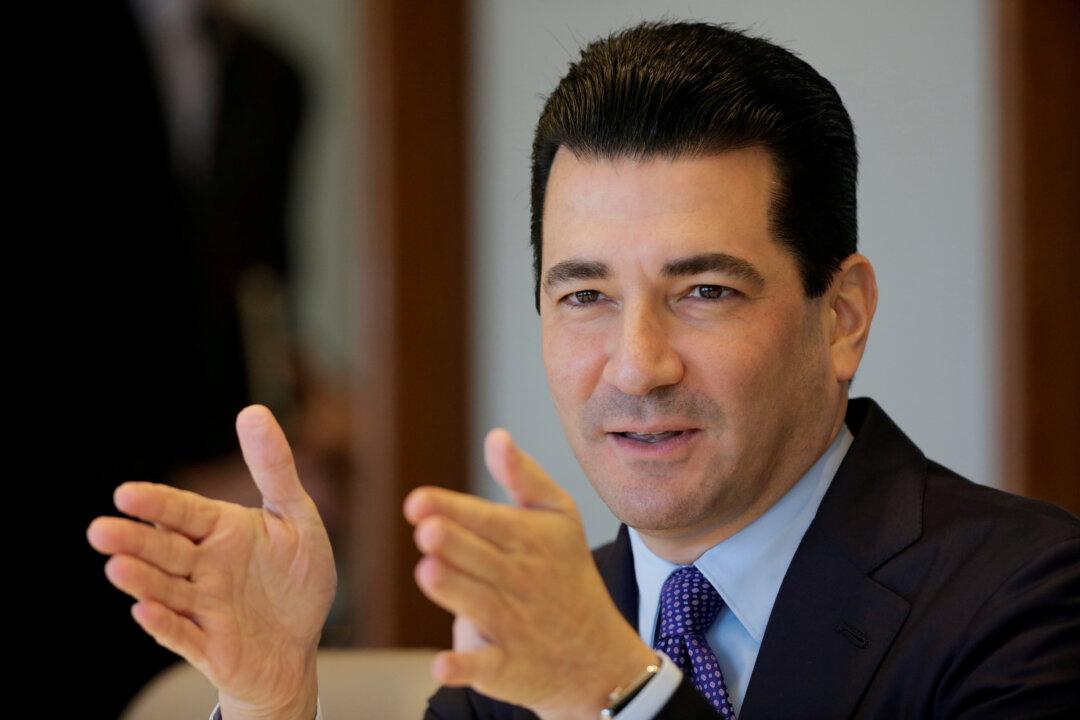The Food and Drug Administration (FDA) pushed back a decision on whether to clear Pfizer’s COVID-19 vaccine for children under 5 because both arms of Pfizer’s clinical trial have a low number of COVID-19 cases, a Pfizer board member and former FDA commissioner says.
“Since there’s a low number of cases overall in the clinical trial—most kids are not getting symptomatic COVID—one case in one direction or another can tip the perception of the vaccine’s overall effectiveness,” Dr. Scott Gottlieb, the former FDA commissioner who now sits on Pfizer’s board, said on CNBC’s “Squawk Box.”





